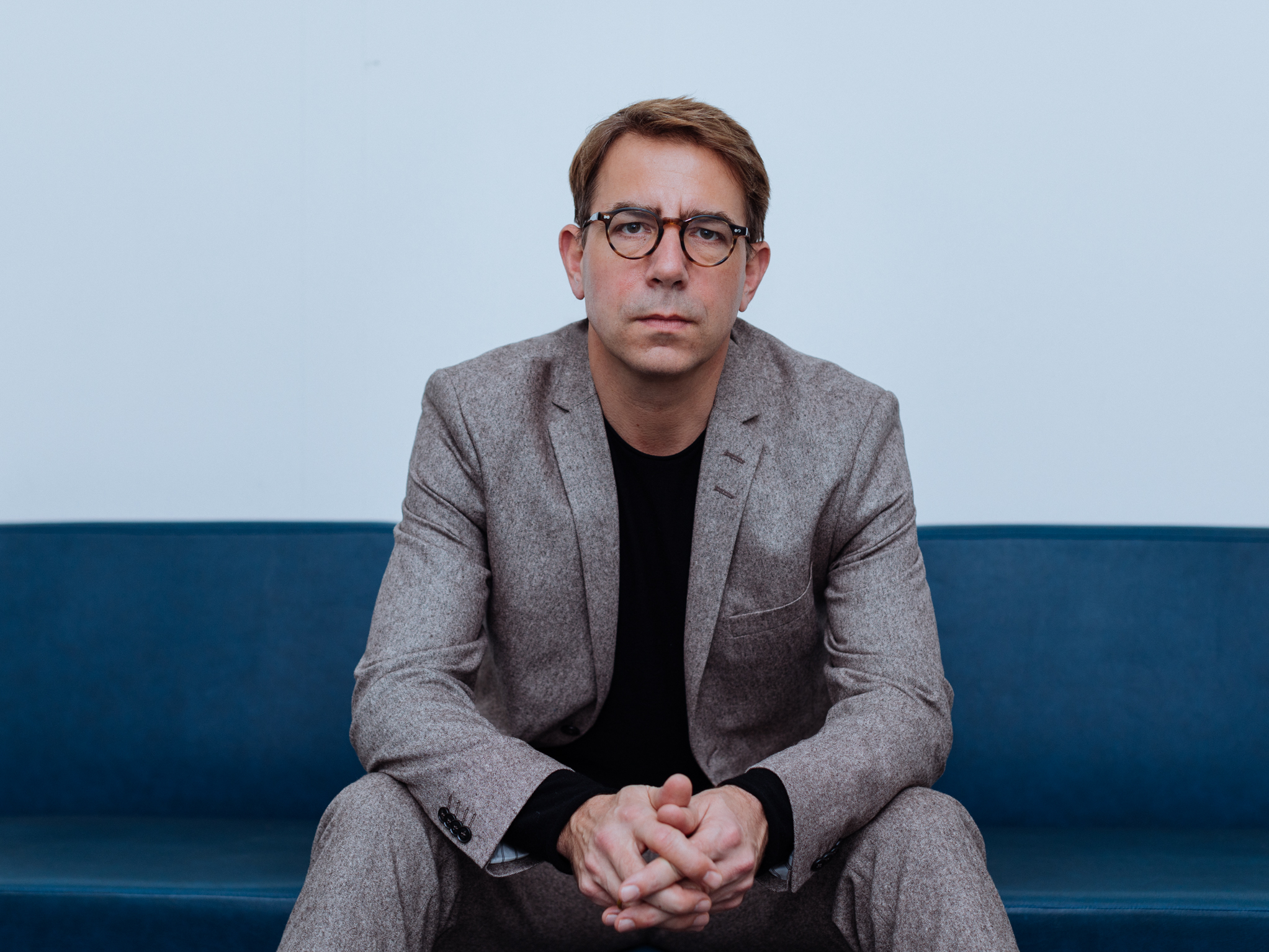Prof. Dr. Andreas Fischer-Lescano
We need to move away from anthropocentric thinking
Interview
What exactly are you researching in your field?
The preamble to the Paris Climate Agreement calls on the signatory states to shape the necessary socio-ecological transformations as "just transitions" and to take account of the equal originality of social and ecological justice requirements. And this is exactly what research in my field is all about. As interdisciplinary networked legal scholars, we investigate fundamental questions of socio-ecological transformation.
What is currently your most important research project and why?
Basically, all my projects are about shaping the legal-political framework conditions with the aim of enabling a socio-ecological transformation, which in particular must also be a transformation of the existing power and legal structures. There is a gap between the requirements of socio-ecological justice and the realities of a post-colonial, intersectionally discriminatory, anthropocentric and economically unequal global society. My area of expertise researches how these patterns of dominance also shape global law and thus also global sustainability law. And we are looking for ways to overcome them. To name one example: The question of an inclusive global society must not be narrowed anthropocentrically. Socio-ecological justice is also about a new conception of the ecological, about incorporating ecology into legal policy. This is where our German-Ecuadorian project "Nature as a Legal Person", funded by the DFG, comes in. Together with our Ecuadorian cooperation partners, we are looking at, among other things, how natural entities can gain access to justice, how they are represented and, above all, what social effects the rights of nature entail.
What moments do you particularly enjoy in your scientific work?
For me, academic work is a dynamic process that thrives on exchange with students and early career researchers. It makes me happy to discuss new topics, theories and methods with young, committed and critical students, doctoral candidates and postdocs and to learn from and with each other in the process.
What characterizes sustainability research at the Kassel Institute for Sustainability?
As a sustainability institute, the Kassel Institute for Sustainability has three unique selling points, the combination of which sets it apart from all other sustainability institutes I know:
- The Kassel Institute lives the unity of research and teaching - in other words, it is not a pure research institute. The Institute bundles the existing research and teaching on ecological, social and economic sustainability at the University of Kassel and develops it further in a decidedly interdisciplinary approach.
- The Institute integrates normative and empirical dimensions by linking research and teaching at the Institute to questions of transnational justice, democratic representation and criticism of the prevailing concept of sustainability with concrete fields of application.
- The Kassel Institute does not understand sustainability solely in ecological terms, but is dedicated to questions of socio-ecological justice in a comprehensive sense that also includes institutional issues.
The Kassel Institute for Sustainability pursues an interdisciplinary approach. Where do you see the interfaces with the other research projects?
All questions of socio-ecological transformation are also questions of law and power. This basic assumption is reflected in a large number of the Institute's projects. Let me illustrate this with an example from the field of "forests": My colleague Andreas Braun is investigating constellations of plantation forestry in the Global South. Reforestation projects are considered to have great economic and ecological potential. However, as Andreas Braun's work shows, these large-scale projects often lead to social and legal conflicts with the local population, as the impact on their livelihoods is often devastating. Questions of justice, law and power - and thus connections to my work - are inherent here.
About the person
Andreas Fischer-Lescano graduated from the Gymnasium an der Stadtmauer in Bad Kreuznach, Rhineland-Palatinate, in 1992 and studied law and philosophy at the University of Tübingen, the University of Göttingen, the Pontifical University of Comillas in Madrid and the University of Frankfurt am Main from 1994 to 1999. After passing his first state examination in law in 1999, he completed his legal clerkship in Frankfurt am Main and São Paulo and worked for the law firm Hengeler Mueller. He then passed his second state examination in law in 2001. He received his doctorate in law from the University of Frankfurt am Main in 2003 with the highest grade summa cum laude. From 2001 to 2004, Fischer-Lescano worked as a research assistant for Professors Michael Bothe and Thomas Vesting at the University of Frankfurt. In 2002 and 2003, he studied at the European University Institute in Florence, where he obtained a Master of Laws (LL.M) degree. From 2003 to 2004, he was also a project-based research assistant at the Max Planck Institute for Comparative Public Law and International Law in Heidelberg. From 2004 to 2006, he was a research assistant at the Institute for Business Law at Goethe University Frankfurt am Main under Gunther Teubner and a research assistant at the Hessian Foundation for Peace and Conflict Research (HSFK). In 2006, he became an Academic Councillor at Frankfurt University, followed by his habilitation in 2007 and the award of a teaching license for public law, European law, international law and legal theory. Fischer-Lescano was appointed to the professorship for Just Transitions at the Faculty of Human Sciences at the University of Kassel on October 1, 2022.
